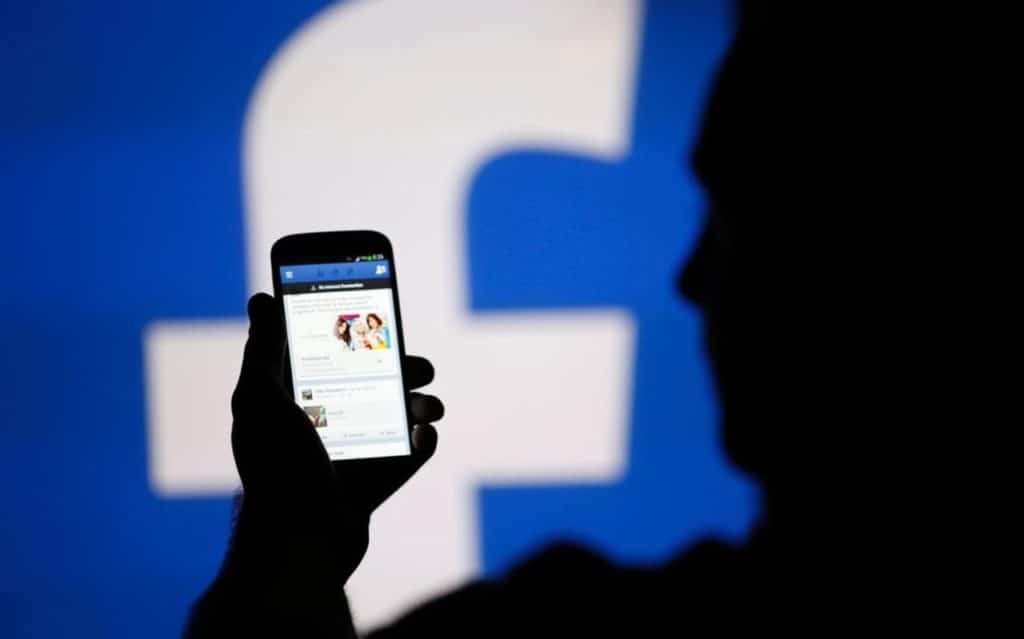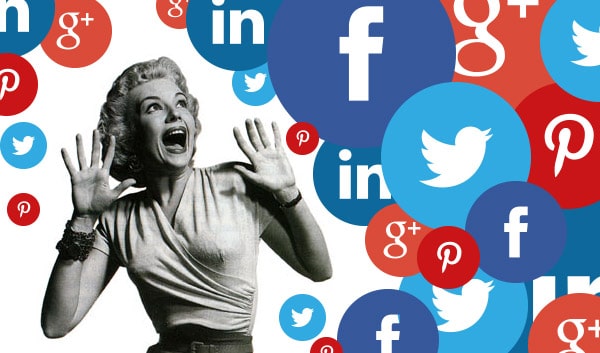It’s pretty certain that the majority of the population is using some form of social media to communicate. But to what extent and what cost?
It’s worth mentioning Twitter’s trending hashtag #DeleteFacebook. It’s not all fun and games for everyone, being open with their daily lives and in return being exposed to all kinds of negative news and comments.
Would you consider removing yourself from social media altogether? No, we guess not.

Image Source: bumm.sk
Studies this year show that we have more than 3 billion social media users all over the world. That’s a daunting number! Thankfully, we all know that it can be used to further good causes, as evidenced by the well-known ALS ice bucket challenge, for example. Facebook is also a useful tool in promoting important nonprofit organizations, such as WWF and Unicef, to name a few.
The problem is not with businesses and charities, however – individuals are affected negatively by online bullying or triggering content. Social media is still not regulated enough when it comes to protecting one’s privacy – that much is evident.
It’s not a secret that when we create a profile online, even with all sorts of privacy settings we might have at hand, we have little to no protection against misuse of personal data, online harassment or even just general misinformation. You would think people would be put off by this, but that’s not the case.
Oddly enough, if we look at the American use of social media, it’s still on the rise despite all the negative connotations. Facebook is used by almost 3/4 of the population while Instagram is getting more and more popular. Twitter is the third most used social media app.
In general, people are aware of the negative effects that come with sharing their personal lives online. At the same time, they also know that managing their own content is their responsibility and the user experience will depend almost solely on them. But since social media use is such an integral part of our lives nowadays, someone might inevitably have a harder time staying on top of all the negativity – say, someone who’s underage. For this reason, it’s crucial to reformulate regulations related to online privacy.

Image Source: brandignity.com
It seems impossible to just stop – but why?
It’s contradictory how forming virtual relationships can draw us away from real ones. We tend to place more emphasis on texting or sharing pictures than real-life experiences nowadays. The way relationships and connections develop between people have changed tremendously due to social media. Teens grow up thinking that it’s completely normal to collect friends and ‘likes’ online, as a form of social life.
As long as you can stay on top of all the influx of new people, news and all sorts of content, your online presence shouldn’t be dangerous to you, personally. In fact, techniques for managing social media accounts can be found all over the internet. Our recommendation to read from this topic would be Media Effects: Advances in Theory and Research.
Once you get over the initial shock of building any sort of presence online, you can start using it to form useful connections, whether it’s work or leisure related. Being conscious of filtering negative content can be beneficial psychologically and personally, too. After all, it’s great to network and be able to reach people you’d have a hard time meeting in person because of time or distance!
The biggest issue seems to be the way these sites handle personal data. It’s an obscure thing, even with ‘end-user agreements’, how these sites can register, use and even sell your personal information online or simply just track your browser history to display relevant ads for you to encounter.
Even though this form of surveillance can be scary, people still seem to be very attached to their Facebook accounts, to say the least. It’s understandable – this day and age are all about easy contact. Once you remove yourself from that, new or superficial connections you’ve made might think it’s too bothersome or lengthy to contact you by means other than the Messenger app.

Each and every one of us has a good reason why we keep using our social media accounts. Whether it’s an online business or a networking tool, it’s reasonable to become attached to it. After all, it takes time and effort to collect and maintain friendships, work relationships and to present all sorts of online content. Who would want to close that door on themselves? Surely 70% of Americans agree with this statement.
Once companies start putting more emphasis on protecting users from misinformation and misuse of personal data, there will be no reason to be suspicious about this. It is only fair, considering how many businesses out there are basing their success almost entirely on the users who follow their content and products. Think Instagram influencer or a massive tech company even!
Laws are already in place regarding usage of personal data, creative content and even listening in on calls or observing online movement. When it comes to sharing information online, this does not make things a hundred percent trustworthy yet, but it certainly helps. Labeling is also important when dealing with social media companies – the more transparent it is for users, the better.
The conclusion is that people who contemplate deleting themselves off the map of these intricate social websites are not afraid of getting rid of the account itself, rather than losing meaningful connections they have made so far!





